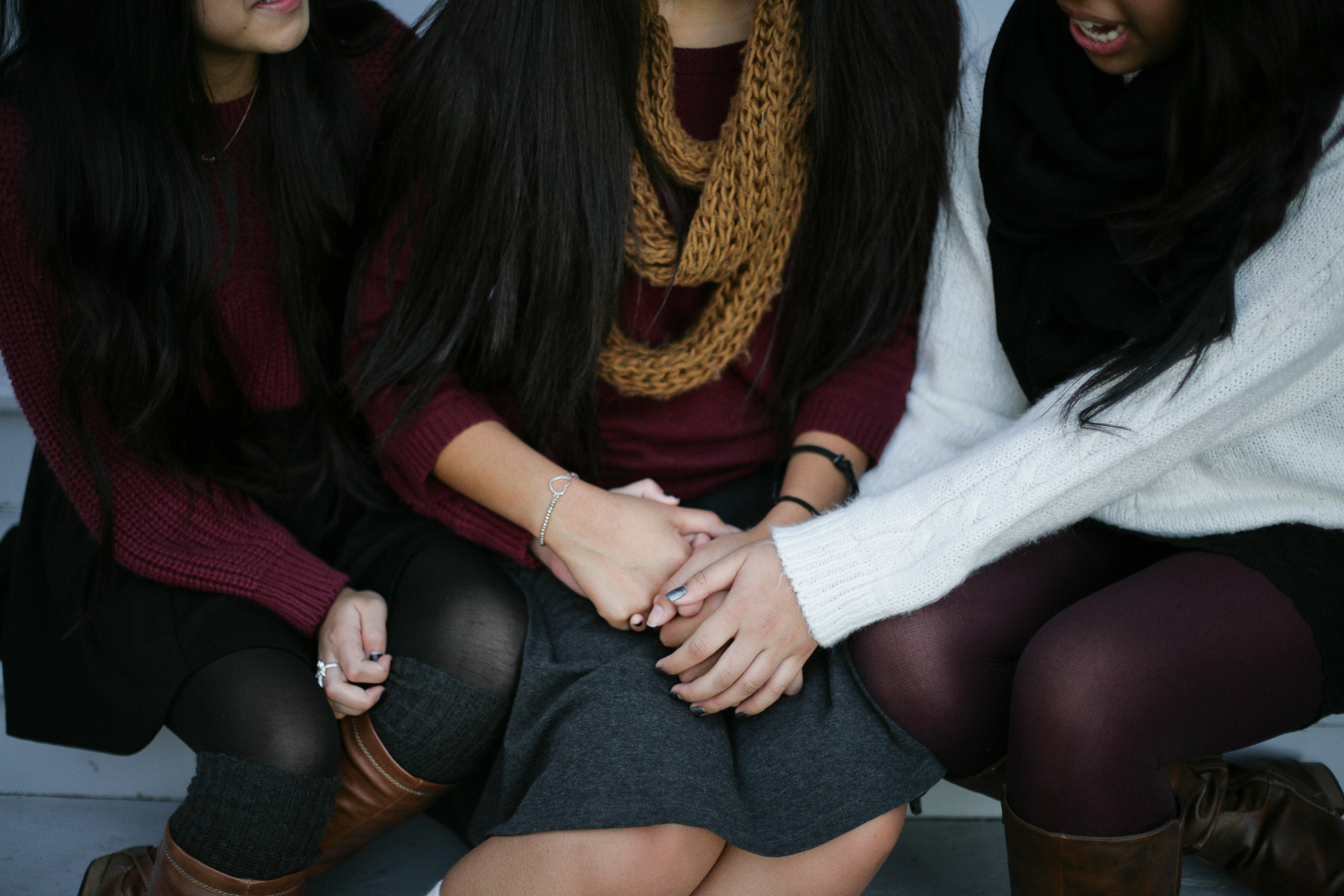Response, Reflection, and Small Steps Matter
Yesterday marked fifteen years since the 9/11 attacks on the United States and I’m feeling reflective about tragedy and how we respond. I realize this is a heavy subject for the start of your week, but it’s important to think about our response when we are not in tragedy. Tragedy is unplanned hardship. You cannot completely plan for it. The only way to truly prepare is to examine and strengthen your character.
We all encounter tragedy at some point in our lives. It may be a natural disaster, a terrorist attack, or a man-made accident. These can have a deeply profound effect depending on how close you are to the people and places immediately impacted by such events. Yet, we all experience some form of personal tragedy as well with the death of a loved one. Some of us even experience personal tragedies that can remain private and perhaps hidden: abuse, acts of hate, or acts of exploitation to name a painful few.
When such events occur, I find it’s important to find a still moment as soon as possible to reflect on why and how the events occurred and what we can learn to avoid or reduce such tragedies in the future. If I’m not directly impacted, I think how I can support others who experienced tragedy.
For some in a moment of tragedy, those steps are too overwhelming to consider. How can we start building the “muscle memory” to reflect and respond before we are in tragedy? How can we build the capacity for a better response each day?
One of the simplest ways I have found to prepare for tragedy: look for the smallest opportunity to reach out and help someone every day. Any opportunity, no matter how small, is a way to help your future self and those who may be impacted by tragedy. If you get in the habit of noticing need and helping, you will be more likely to jump into action when a big need arises.
What happens if you notice too late? That’s a good step too. At least you noticed. Reflect on how you can respond faster.
Build the habits of noticing need and a helpful response.

